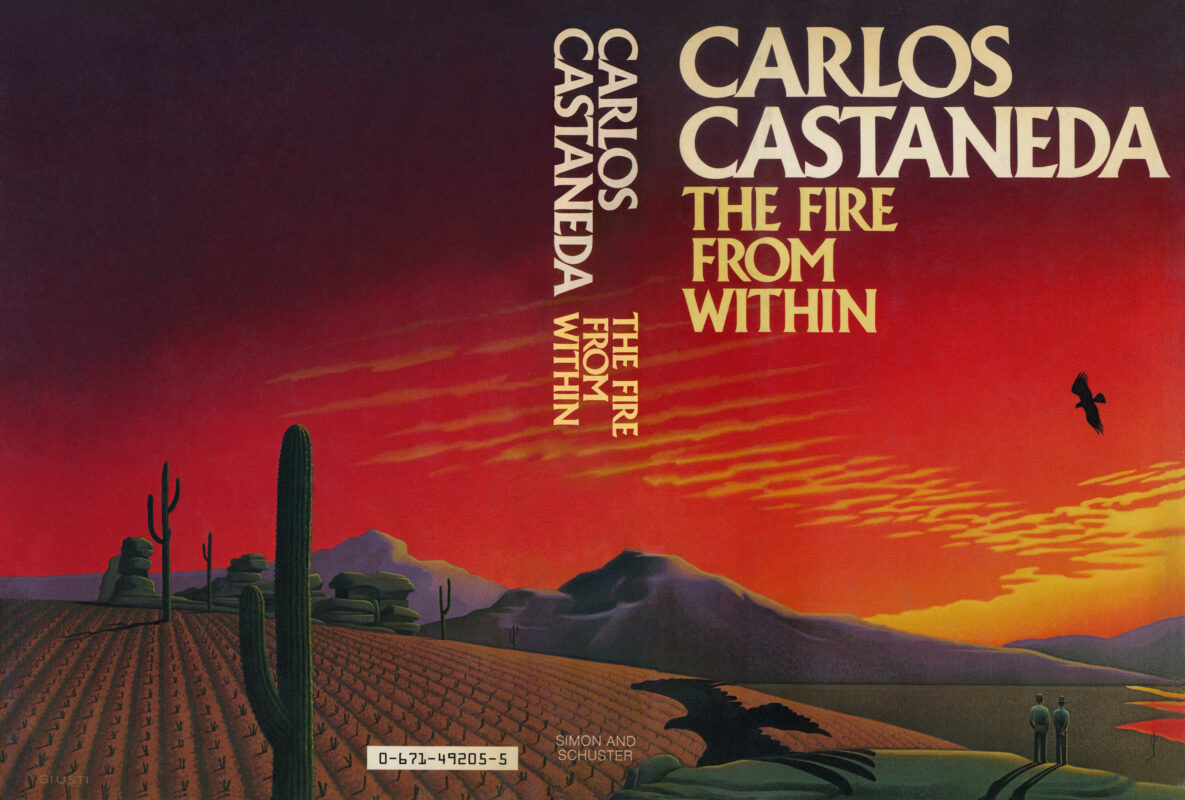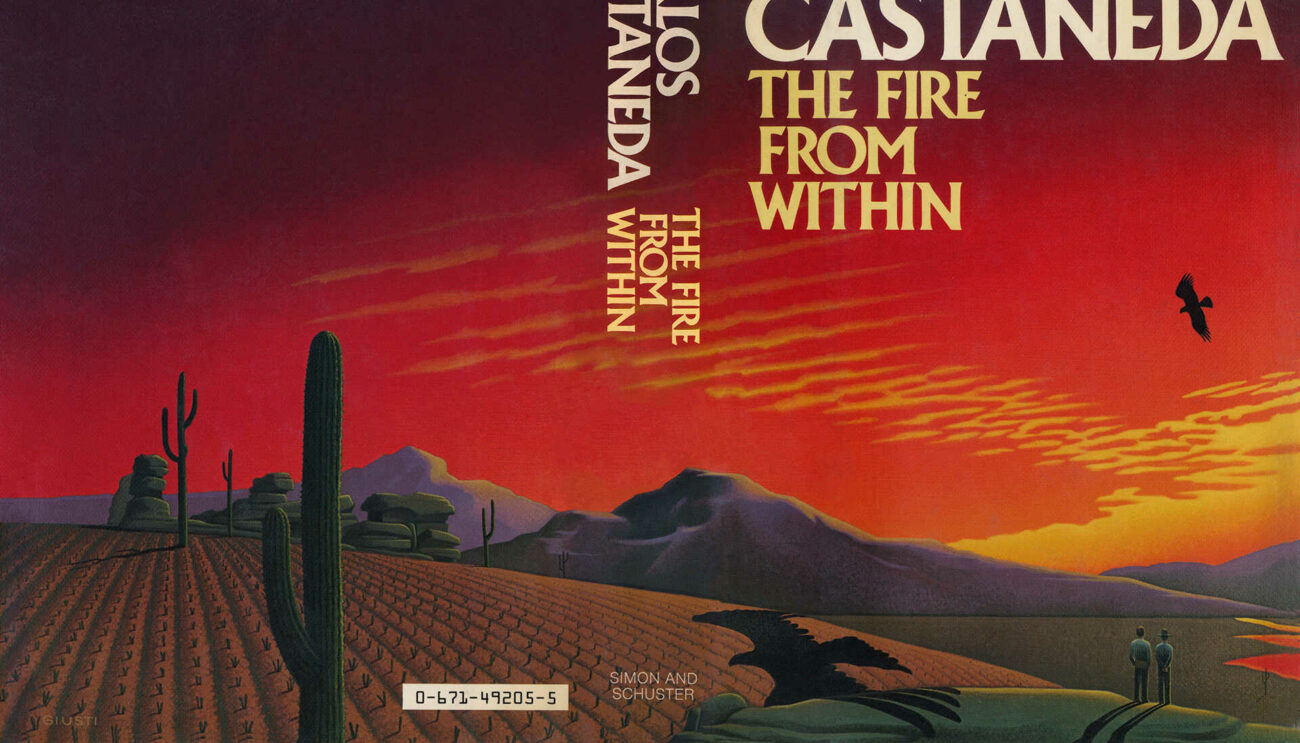Inorganic Beings – The Fire from Within
Following a frightening experience in the unknown, don Juan explains that Castaneda lacks the free energy to fully comprehend it, emphasizing the warrior’s need to shed unnecessary habits. He then delves into the ancient Toltec seers’ secret knowledge, particularly their discovery of non-organic life forms, or “allies,” and their methods of interaction, often involving water and reflective surfaces. Through a vivid demonstration with a mirror in a stream, Castaneda has a terrifying encounter with one of these entities, realizing its immense power and the profound melancholy that comes with glimpsing eternity.

